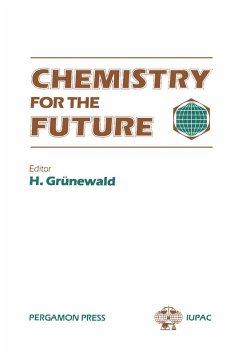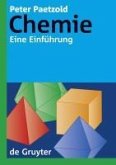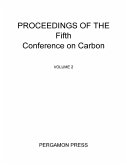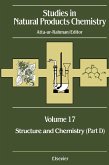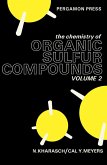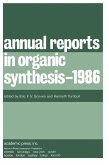The opening parts survey the advances in complexation chemistry, photoelectrochemical energy conversion, biotechnology, and some aspects of inorganic chemistry. The succeeding part deals with the reactions, synthesis, and structure and properties determination of various organic compounds. Other parts evaluate the application of molecular quantum mechanics, laser studies, electrochemical energy conversion, microemulsion, adsorption, and progress in the production of chemical basic materials. The remaining parts explore the teaching of molecular geometry by the VSEPR method, the role of experiments in teaching chemistry, chemistry as a basis for the life sciences. These parts also examine the flow of information chemistry through databases, IUPAC, and chemical information services.
This book will prove useful to organic, inorganic, physical, and theoretical chemists
Dieser Download kann aus rechtlichen Gründen nur mit Rechnungsadresse in A, B, BG, CY, CZ, D, DK, EW, E, FIN, F, GR, HR, H, IRL, I, LT, L, LR, M, NL, PL, P, R, S, SLO, SK ausgeliefert werden.

